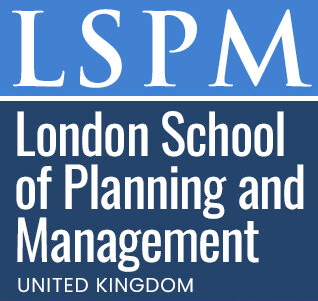Professional Certificate in Raccoon Rescue and Rehabilitation
Educational Excellence: Trusted by thousands of learners worldwide
Overview
Learning outcomes
Gain knowledge of raccoon behavior, habitats, and threats to their survival.
Develop skills in safely rescuing and handling raccoons in distress.
Learn techniques for rehabilitating injured or orphaned raccoons back to health.
Understand laws and regulations related to raccoon rehabilitation and release.
Course content
Introduction to Raccoon Behavior and Physiology
Raccoon Rescue Techniques and Equipment
Raccoon Rehabilitation Facility Management
Nutrition and Diet for Raccoons
Medical Care for Injured Raccoons
Raccoon Enrichment and Behavioral Rehabilitation
Release Criteria and Techniques for Raccoons
Legal and Ethical Considerations in Raccoon Rescue
Community Education and Outreach in Raccoon Conservation
Raccoon Rescue and Rehabilitation Best Practices.
Duration
The programme is available in two duration modes:
Fast track - 1 month
Standard mode - 2 months
Course fee
The fee for the programme is as follows:
Fast track - 1 month: GBP £149
Standard mode - 2 months: GBP £99
Career Path
Key facts
Why this course
| Year | Number of Raccoon Rescues in UK |
| 2018 | 1,200 |
| 2019 | 1,500 |
| 2020 | 1,800 |
Frequently asked questions
What are the prerequisites for enrolling in the Professional Certificate in Raccoon Rescue and Rehabilitation program?
To enroll in the program, applicants must have a high school diploma or equivalent. Previous experience in animal care or wildlife rehabilitation is recommended but not required.
How long does it take to complete the Professional Certificate in Raccoon Rescue and Rehabilitation program?
The program is designed to be completed in 6 months on a part-time basis. However, students have up to 1 year to finish all the required coursework and assessments.
What career opportunities are available after completing the Professional Certificate in Raccoon Rescue and Rehabilitation program?
Graduates of the program may pursue careers as wildlife rehabilitators, animal care specialists, or wildlife educators. They may also work for wildlife rescue centers, conservation organizations, or government agencies.

